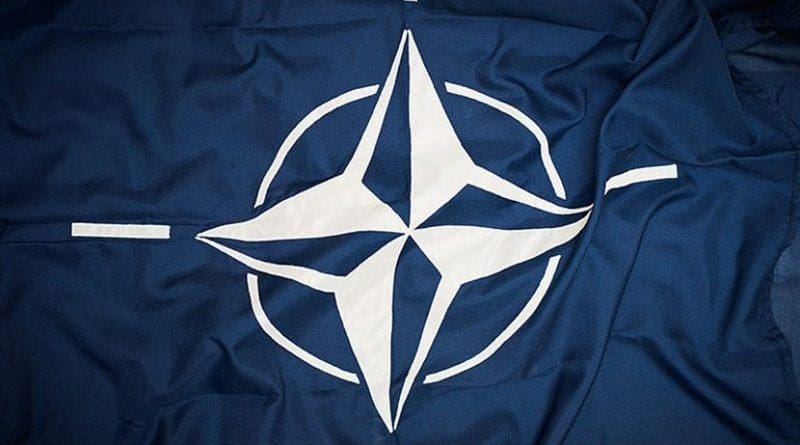NATO Foreign Ministers Agree Russia In Violation Of INF Treaty
NATO Allies have concluded that Russia has developed and fielded a new missile system in violation of the Intermediate-Range Nuclear Forces Treaty, a key arms control agreement which has been crucial in upholding NATO’s security for over 30 years.
At a meeting on Tuesday (4 December 2018) NATO Foreign Ministers called on Russia to urgently return to full and verifiable compliance, saying: “it is now up to Russia to preserve the INF Treaty.”
Allies expressed firm commitment to preserving effective international arms control, disarmament and non-proliferation.
The Intermediate-Range Nuclear Forces (INF) Treaty has been crucial in upholding NATO’s security for over 30 years, NATO said in a statement, adding that Allies have concluded that Russia has developed and fielded a missile system, the 9M729, which violates the INF Treaty and poses significant risks to Euro-Atlantic security.
“We strongly support the finding of the United States that Russia is in material breach of its obligations under the INF Treaty,” the statement said.
The statement continued: “For over five years, Allies and the United States in particular, have repeatedly raised their concerns with the Russian Federation, both bilaterally and multilaterally. As we stated in the Brussels Summit Declaration in July, Russia has responded to our concerns with denials and obfuscation. Russia only recently acknowledged the existence of the missile system, but without providing the necessary transparency or explanation.”
According to NATO, the United States has remained in full compliance with its obligations under the INF Treaty since it entered into force. Allies have emphasized that the situation whereby the United States and other parties fully abide by the Treaty and Russia does not, is not sustainable.
Russia’s violation of the INF Treaty erodes the foundations of effective arms control and undermines Allied security.
“This is part of Russia’s broader pattern of behaviour that is intended to weaken the overall Euro-Atlantic security architecture,” according to NATO.

